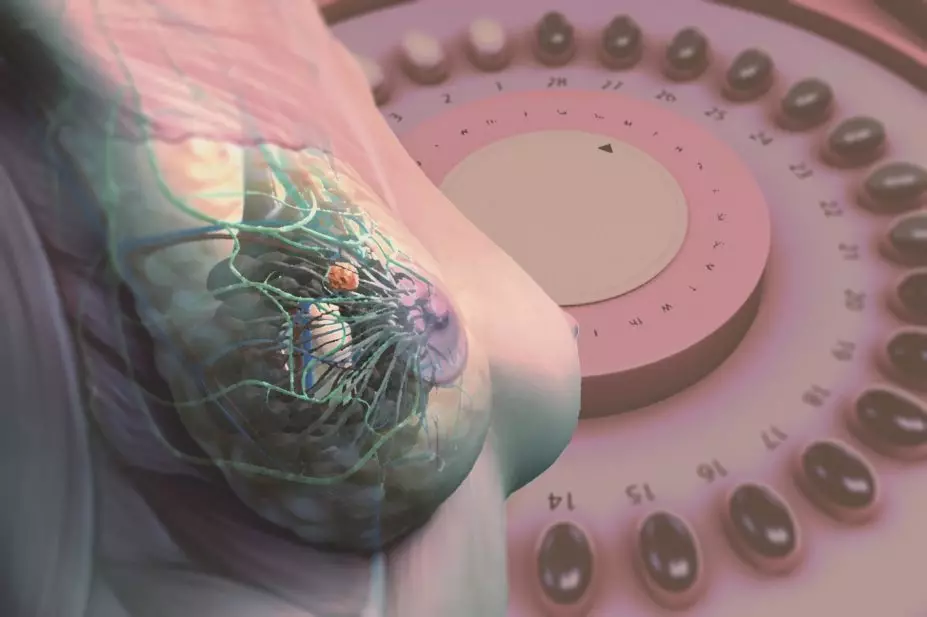
Shutterstock.com
New estimates of the increased risks of breast cancer associated with use of different hormone replacement therapy (HRT) preparations have been published in the BMJ (28 October 2020)[1]
.
The team linked data from UK general practices to hospital, mortality, social deprivation and cancer registry data, and analysed breast cancer risk by HRT type; by recent and past HRT use; and by short-term and long-term HRT use.
Data for 98,611 women diagnosed with breast cancer were compared with data for 457,498 women who did not have breast cancer.
The researchers estimated that, among recent oestrogen-only HRT users, between 3 (in younger women) and 8 (in older women) extra cases of breast cancer per 10,000 women years would be expected, and in oestrogen-progestogen HRT users, there would be between 9 and 36 extra cases. For past oestrogen-progestogen users, between 2 and 8 extra cases per 10,000 women years would be expected.
The authors said that, in comparison with a meta-analysis published in
The Lancet
, their findings suggested generally lower increased risks for combined HRT treatments, and more pronounced declines in risk once HRT had stopped.
“Our estimates cover commonly used NHS primary care HRT treatments over 20 years,” said Yana Vinogradova, senior research fellow, University of Nottingham.
“Demonstrating the main treatment factors affecting risk levels, they should help doctors and women identify safer treatments, and provide a benchmark against which other HRT treatments might be measured.”
References
[1] Vinogradova Y, Coupland C & Hippisley-Cox J. Use of hormone replacement therapy and risk of breast cancer: nested case-control studies using the QResearch and CPRD databases. BMJ 2020. doi: 10.1136/bmj.m3873


